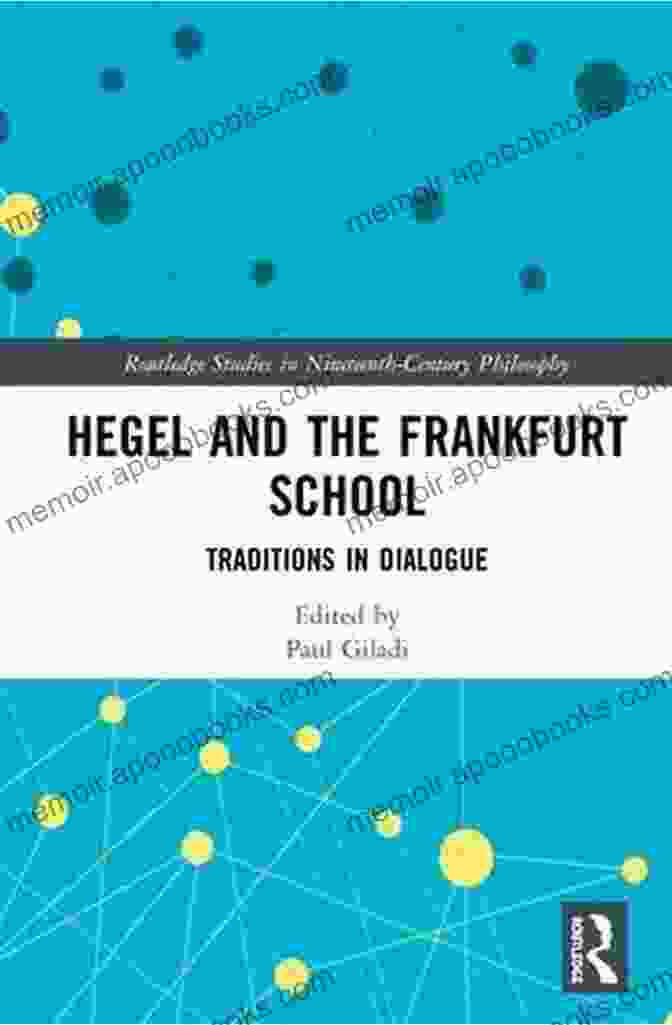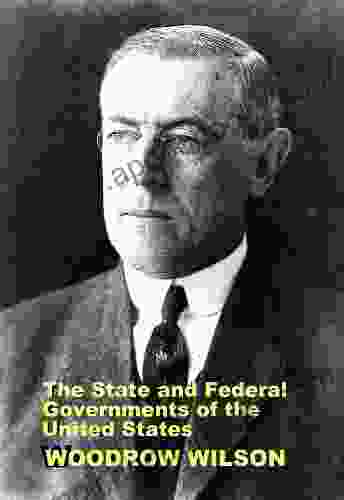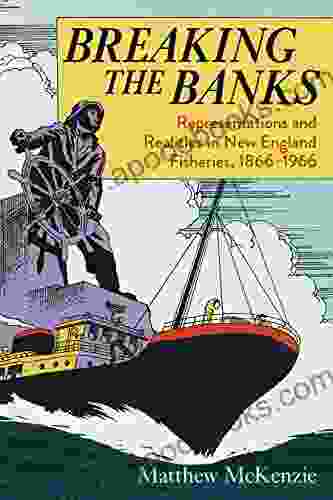Hegel and the Frankfurt School: Exploring the Intellectual Lineage


The Frankfurt School, a prominent intellectual movement of the 20th century, emerged as a transformative force in critical theory and social thought. Its origins can be traced back to the profound influence of Georg Wilhelm Friedrich Hegel, the renowned German philosopher whose ideas profoundly shaped the Frankfurt School's critique of modernity and its search for emancipatory possibilities. This article delves into the complex relationship between Hegel and the Frankfurt School, illuminating the ways in which Hegelian concepts were reinterpreted and applied to address the social and political challenges of a rapidly changing world.
Hegelian Roots of the Frankfurt School
The Frankfurt School was deeply rooted in the Hegelian tradition, with its members drawing inspiration from Hegel's philosophy of history, his concept of alienation, and his dialectical method. Hegel's belief in the progressive nature of history, where conflicts and contradictions ultimately lead to a higher synthesis, resonated with the Frankfurt School's own understanding of the potential for progress amidst social turmoil.
4.1 out of 5
| Language | : | English |
| File size | : | 6844 KB |
| Screen Reader | : | Supported |
| Print length | : | 376 pages |
Hegel's notion of alienation, a central theme in his philosophy, became a pivotal concept for the Frankfurt School. Alienation, the state of being estranged from oneself, from others, and from one's labor, was seen as a defining characteristic of capitalist society. For Frankfurt School theorists, alienation manifested itself in various forms, including the commodification of labor, the fragmentation of social life, and the loss of individual autonomy.
Reinterpreting Hegel: From Absolute Spirit to Critical Theory
While deeply influenced by Hegel's philosophy, the Frankfurt School scholars did not simply adopt his ideas wholesale. Instead, they engaged in a critical reinterpretation of Hegel, adapting his concepts to their own analysis of the contemporary world. This process of reinterpretation involved a shift from Hegel's focus on the Absolute Spirit to a focus on the critique of capitalism and its social consequences.
The Frankfurt School scholars argued that Hegel's philosophy, despite its emphasis on progress, had failed to fully grasp the contradictions and injustices inherent in capitalist society. They sought to develop a more critical and transformative theory, one that could expose the structural problems of capitalism and point towards possible paths of emancipation.
Alienation and Reification in Frankfurt School Thought
The concept of alienation played a central role in the Frankfurt School's analysis of capitalism. Scholars such as Theodor Adorno and Max Horkheimer argued that alienation had become systemic under capitalism, leading to a fragmentation of experience and a loss of authenticity. They believed that alienation not only affected individuals but also permeated the social and cultural fabric of society.
Closely related to the concept of alienation was the concept of reification, the process by which abstract ideas and social structures come to be perceived as natural and immutable. Frankfurt School scholars argued that reification was a key mechanism of domination under capitalism, as it obscured the social origins of exploitation and inequality.
Critique and the Promise of Emancipation
Critique, in the Frankfurt School tradition, was not merely an intellectual exercise but a transformative practice. It involved a critical examination of existing social structures, ideologies, and cultural norms, with the aim of revealing their oppressive dimensions and pointing towards alternative possibilities.
For the Frankfurt School scholars, critique was not an end in itself but a means to achieve social emancipation. They believed that by exposing the contradictions and injustices of capitalism, they could contribute to the creation of a more just and egalitarian society.
Habermas and the Legacy of Hegel
Jürgen Habermas, one of the most prominent members of the second generation of the Frankfurt School, engaged in a further reinterpretation of Hegel's philosophy. While acknowledging Hegel's insights, Habermas argued that Hegel's emphasis on the state as the embodiment of rationality was problematic.
Habermas developed a more communicative theory of society, focusing on the role of open dialogue and consensus-building in achieving social progress. He believed that true emancipation could only be achieved through a participatory and democratic process that involved all members of society.
The relationship between Hegel and the Frankfurt School is a complex and multifaceted one, marked by both continuity and critical reinterpretation. The Frankfurt School scholars drew inspiration from Hegel's philosophy, particularly his concepts of alienation, reification, and critique.
However, they also engaged in a critical reinterpretation of Hegel, adapting his ideas to their own analysis of the social and political challenges of the 20th century. By ng so, they developed a transformative critical theory that exposed the contradictions of capitalism and pointed towards the possibility of a more just and emancipated society.
The legacy of Hegel and the Frankfurt School continues to shape contemporary thought, providing a valuable framework for understanding the social, political, and cultural challenges of our time. Their commitment to critique and their search for emancipatory possibilities remain essential for anyone seeking to understand and transform the world we live in.
4.1 out of 5
| Language | : | English |
| File size | : | 6844 KB |
| Screen Reader | : | Supported |
| Print length | : | 376 pages |
Do you want to contribute by writing guest posts on this blog?
Please contact us and send us a resume of previous articles that you have written.
 Book
Book Novel
Novel Page
Page Chapter
Chapter Text
Text Story
Story Genre
Genre Reader
Reader Library
Library Paperback
Paperback E-book
E-book Magazine
Magazine Newspaper
Newspaper Paragraph
Paragraph Sentence
Sentence Bookmark
Bookmark Shelf
Shelf Glossary
Glossary Bibliography
Bibliography Foreword
Foreword Preface
Preface Synopsis
Synopsis Annotation
Annotation Footnote
Footnote Manuscript
Manuscript Scroll
Scroll Codex
Codex Tome
Tome Bestseller
Bestseller Classics
Classics Library card
Library card Narrative
Narrative Biography
Biography Autobiography
Autobiography Memoir
Memoir Reference
Reference Encyclopedia
Encyclopedia Magali Mougel
Magali Mougel Bob Hole
Bob Hole Adrienne Chinn
Adrienne Chinn Dilruba Ahmed
Dilruba Ahmed John Wade
John Wade David M Steingold
David M Steingold Sharon Fuentes
Sharon Fuentes Celia Genishi
Celia Genishi Claire Lombardo
Claire Lombardo Jeff Apter
Jeff Apter Nina Bhadreshwar
Nina Bhadreshwar Marina Umaschi Bers
Marina Umaschi Bers Danny Bernstein
Danny Bernstein Jason Nicholas Moore
Jason Nicholas Moore Paola Calvetti
Paola Calvetti Samantha A Cole
Samantha A Cole Tom Thelen
Tom Thelen Elizabeth Cee
Elizabeth Cee Emma Owen
Emma Owen Betty Walker
Betty Walker
Light bulbAdvertise smarter! Our strategic ad space ensures maximum exposure. Reserve your spot today!

 Gerald ParkerGreen Tree Frogs Handbook: A Comprehensive Guide to the Care and Captivity of...
Gerald ParkerGreen Tree Frogs Handbook: A Comprehensive Guide to the Care and Captivity of...
 Craig CarterUnlock Legal History with "Brief Manual For Schools And Colleges Annotated...
Craig CarterUnlock Legal History with "Brief Manual For Schools And Colleges Annotated...
 Alvin BellUnveiling the Practical Guide to Surgical Approach and Patient Management: A...
Alvin BellUnveiling the Practical Guide to Surgical Approach and Patient Management: A... Walter SimmonsFollow ·14.9k
Walter SimmonsFollow ·14.9k Doug PriceFollow ·14.9k
Doug PriceFollow ·14.9k Cade SimmonsFollow ·9.7k
Cade SimmonsFollow ·9.7k Zachary CoxFollow ·9.6k
Zachary CoxFollow ·9.6k Elton HayesFollow ·17.9k
Elton HayesFollow ·17.9k Felipe BlairFollow ·8k
Felipe BlairFollow ·8k Mark TwainFollow ·13.3k
Mark TwainFollow ·13.3k Paul ReedFollow ·3.8k
Paul ReedFollow ·3.8k

 Jamie Bell
Jamie BellUnlock Your Mind with "Ever Wonder Why And Other...
Prepare to...

 Robert Frost
Robert Frost30 Day Betting Challenge: Transform Your Betting Habits...
Are you tired of...

 Derrick Hughes
Derrick HughesWhat Is Victory In War? Unraveling the Enigma of Triumph
The Illusion...

 Jesse Bell
Jesse BellThe Shooters: A Gripping Presidential Agent Novel That...
Enter the Shadowy World of...

 Ernest Hemingway
Ernest HemingwayUnlocking the Theological Depths of Paul Claudel: An...
Prepare to embark on an...
4.1 out of 5
| Language | : | English |
| File size | : | 6844 KB |
| Screen Reader | : | Supported |
| Print length | : | 376 pages |








